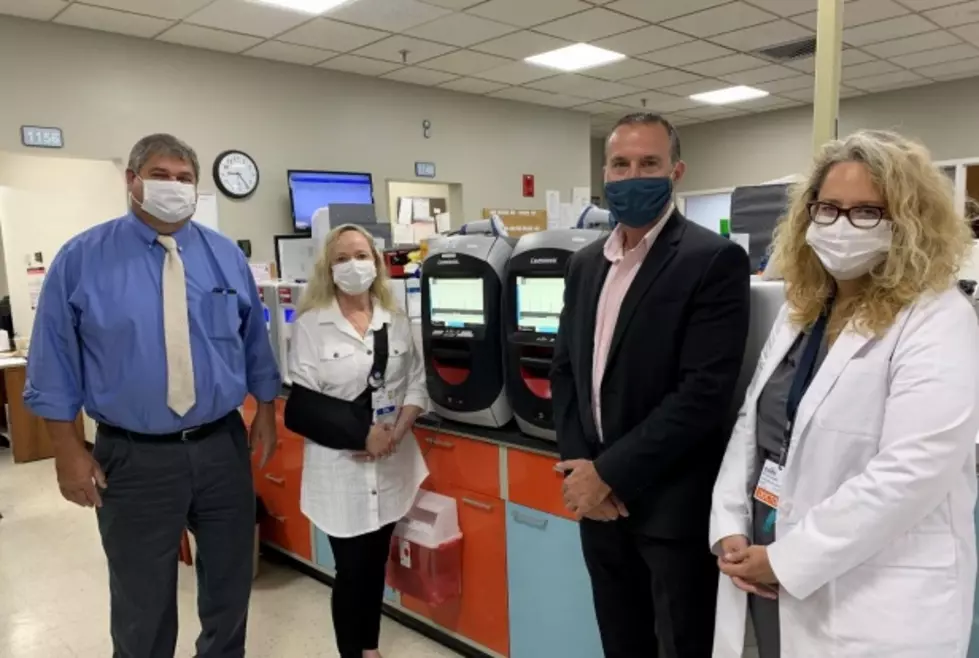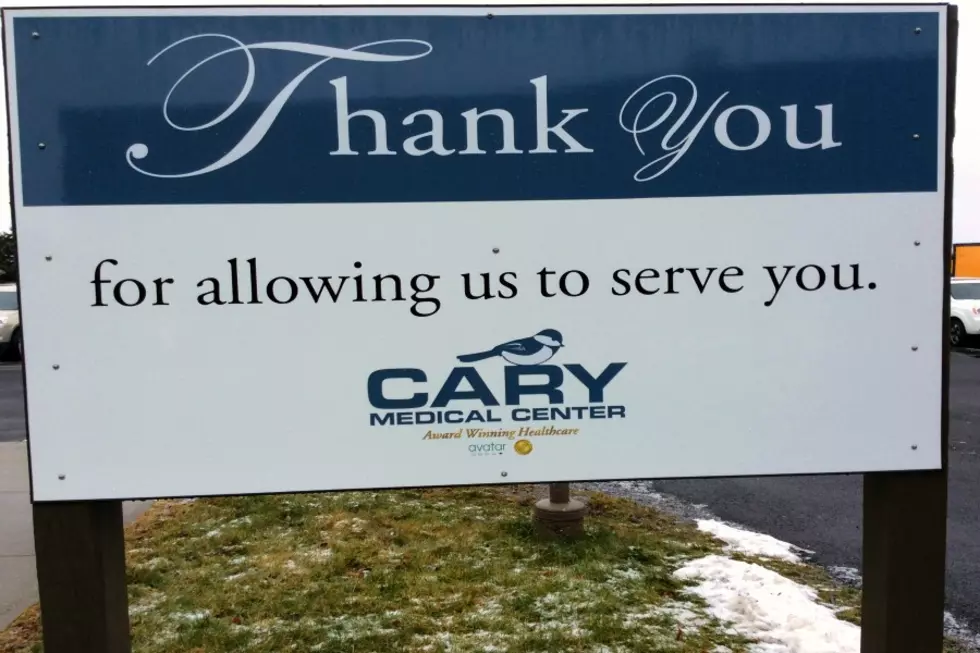
Cary Medical Center Transitions to In-House Security Force
Cary Medical Center has transitioned from a private security firm to an in-house security force with the goal of enhancing patient and staff safety. The initiative follows several months of program evaluation, including the input of front line workers and senior leadership. The hospital has now recruited and placed 6 security officers plus a force manager and will now offer security 24 hours a day, seven days a week. Leslie Anderson, Chief Operating Officer at Cary has lead the effort and said that the impact of the new security system has already been well received by staff.
“The number of incidents that could escalate to violence, particularly in our Emergency Department have been on the increase”, said Anderson who has been at the medical center for twenty plus years. “We originally addressed security with our maintenance personnel, then we engaged a private, security firm on a part-time basis and now we have hired our own security personnel and our staff has already responded very positively to the change”.
According to the Occupational Health and Safety Administration, healthcare and social service workers face a significant risk of job-related violence. Between 2011- 2013 workplace assaults ranged from 23,540 and 25,630 annually, with 70 to 74% occurring in healthcare and social service settings. For healthcare workers, assaults comprise 10-11% of workplace injuries involving days away from work, as compared to 3% of injuries of all private sector employees
Moving to an internal security force made up of their own employees was a decision that came about as the leadership team at the hospital engaged front line staff to assess the risks for healthcare workers in the Emergency Department. Cary determined that going to 24-7 security coverage was the best model.
“We were not sure if we would be able to recruit the level of staff that was required to address all the security needs that were identified”, said Anderson. “We were very pleased that a highly capable and talented pool of candidates were available and we were able to transition to 24-7 coverage”.
According to OSHA there are a number of Hazards that can lead to workplace violence, particularly in an emergency healthcare setting. Pain, devastating prognoses, unfamiliar surroundings, mind and mood altering medications and drugs, and disease progression can also cause agitation and violent behaviors. Kris Doody, RN, and Cary Chief Executive Officer said that while the actual number of assaults in the hospital emergency department are still quite low, there is a clear increasing trend and protecting hospital staff as well as patients is a top priority.
“We are very fortunate to live in an area where the level of violence and assaults is minimal”, said Doody who is also CEO for Pines Health Services. “Still, we want to be proactive and be prepared to address any safety issue and we believe the move to an internal security force was the best way to accomplish this goal”.
Over the past year the hospital has been inviting feedback from front line staff and assessing the physical environment of the hospital as it relates to the risk of workplace hazards.
Staff training and policy development have also been a part of the initiative. Mitch Wheeler, who heads up the new security force pointed out that physical environment is an important factor when assessing potential safety risks.
“The design of a facility can either reduce the risk for employees when it comes to workplace violence or it can increase or complicate security efforts. We are reviewing the entire hospital to get a better sense of risk and establishing processes that can help create a safer more protective environment”.
A key part of a successful security system is the development of policies and comprehensive, ongoing training of all staff for recognizing and managing escalating hostile and assaultive behaviors from patients, clients, visitors or staff. According to Wheeler, each institution has a unique character and it is important to understand the culture of an organization in regard to workplace safety.
“It was clear from the beginning of this process that the leadership at Cary was listening to the voices of its employees and the hospital has made a significant commitment to protect staff and to do whatever we can to reduce or eliminate the potential for workplace violence”.
One area that will particularly benefit from the new Security Force is the hospital emergency department. Chelsea Szabo, Outpatient Nurse Manager at Cary who is administratively responsible for the emergency department said that the staff is already benefiting from the program.
“I can almost feel the difference in the energy out there when security is present”, said Szabo who previously served as manager of the hospital’s Intensive Care Unit. “The staff is calmer in stressful situations because they know they will have the security force to deal with difficult behaviors. The security staff is very professional, they round regularly and engage with patients and staff. I am proud of how the ED staff has welcomed them. We are adopting them like family”.
Ongoing program evaluation, medical and psychological counseling and incident debriefing are all a part of the ongoing program development. Throughout the evaluation process the input from front line workers, including nurses, therapists and others will be invited and incorporated into any future program modifications.

How to Sew a Face Mask
More From









